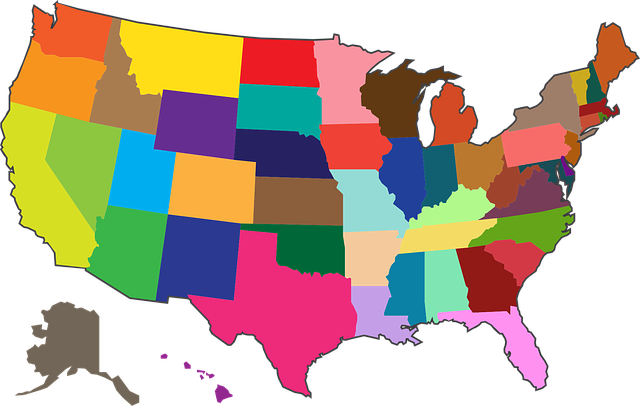Morgantown, West Virginia, introduces a blockchain-based consent tracking platform to enhance data privacy for unwanted call attorneys. This technology securely records user preferences on an immutable ledger, giving citizens control over their contact details and reducing unsolicited calls. By implementing explicit consent through blockchain, West Virginia sets new standards for data privacy in the legal sector, streamlining attorney processes and fortifying defenses against privacy disputes.
Morgantown, West Virginia, is at the forefront of a blockchain revolution with its innovative consent tracking platform. This cutting-edge technology promises to transform how we manage unwanted calls and protect personal privacy. The article explores this new era in consent management, focusing on how Morgantown’s approach benefits both consumers and unwanted call attorneys in West Virginia. By leveraging blockchain, this platform offers enhanced security and transparency, reshaping the landscape of communication preferences.
Morgantown's Blockchain Revolution: A New Era of Consent

Morgantown, West Virginia, has emerged as a pioneer in consent tracking and data privacy with its innovative blockchain-based platform. This revolutionary technology promises to transform the way personal information is managed and shared, especially in sectors where consent is paramount, such as unwanted call attorneys. By leveraging blockchain’s distributed ledger system, Morgantown offers a secure, transparent, and tamper-proof solution for recording and verifying user consent.
The traditional methods of consent management often involve complex processes and centralized authorities, leaving room for errors, fraud, and data breaches. In contrast, the city’s blockchain platform decentralizes this process, allowing individuals to have complete control over their personal data. This new era of consent tracking ensures that every interaction is recorded immutably on a public ledger, eliminating the risk of unauthorized alterations or manipulations, and empowering users in the digital space, particularly those dealing with unwanted call attorneys in West Virginia.
Tracking Unwanted Calls: The West Virginia Approach

In West Virginia, the fight against unwanted calls has taken on a new dimension with the advent of blockchain technology. The state’s innovative approach involves a blockchain-based consent tracking platform that revolutionizes how personal data is managed and protected. This cutting-edge system allows individuals to have greater control over their contact preferences, ensuring that their consent for receiving calls from attorneys or other entities is explicitly recorded and securely stored on an immutable ledger.
By leveraging blockchain, West Virginia is enabling citizens to track and manage their consent effectively. This means that unwanted calls from attorneys in the area can be significantly reduced as potential callers must first obtain explicit permission through this verified platform. This transparent and secure method of tracking consent not only empowers residents but also fosters a more trustworthy relationship between consumers and businesses, setting a new standard for data privacy and management in the legal sector.
Attorney's Guide: Understanding Blockchain Consent Platforms

In today’s digital age, privacy and consent are paramount, especially in legal practices dealing with unwanted calls, text messages, or emails. This is where blockchain-based consent tracking platforms come into play, offering a revolutionary approach to data management for West Virginia’s legal community. By leveraging blockchain technology, these platforms provide an immutable record of user consent, ensuring that every interaction is securely documented and traceable.
For unwanted call attorneys in West Virginia, this means enhanced accuracy in managing client preferences. Blockchain platforms allow attorneys to obtain explicit consent from clients, set clear parameters for communication, and automatically update records when preferences change. This not only streamlines legal processes but also fortifies defenses against potential privacy-related disputes, making it an invaluable tool for any legal professional navigating the complexities of modern data privacy laws.






